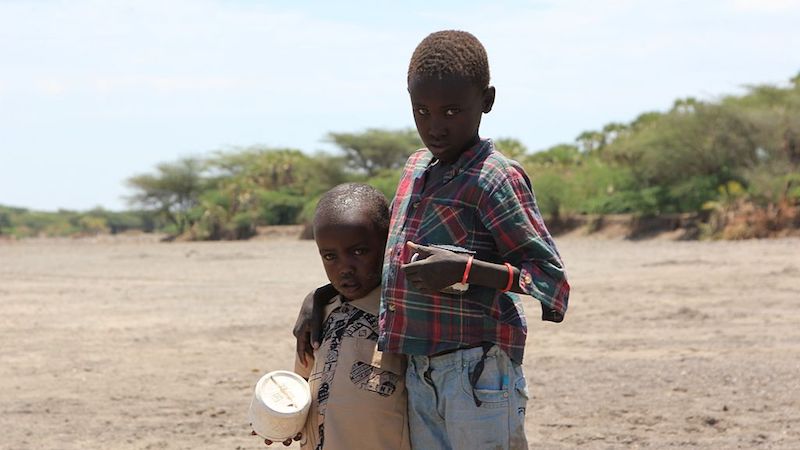China and India have emerged as the buyers of the first ever crude oil export from Kenya, with the East African country shelving plans it had to export its crude to Europe.
The two Asian countries will be the first to do business with Kenya when it ships out its oil in June in what the government is calling a test programme.
British oil company Tullow, the firm that discovered oil in Kenya in 2012, has stored 60,000 barrels of oil in Lokichar, 600km north of the country’s capital, Nairobi.
The oil will then be transported by road from Turkana to Kenya’s main port in Mombasa, more than 1,000km away. From there it will be shipped to Asia.
The shipments mark the start of what the Kenyan government and Tullow hope will become a major new source of African oil. Tullow estimates its Kenyan reserve at 750 million barrels of oil, with further exploration planned.
Tullow and the government expect that by 2020, Kenya will have embarked on large-scale oil production and by then, a pipeline connecting the oilfields and Lamu, another Kenyan port, will have been completed.
Once complete, the 865-kilometre pipeline will pump out approximately 100,000 barrels a day, far more than the 2,000 to be moved by tankers by road each day and stored in facilities at the Kenyan coast.
Advocates of the pipeline in Kenya estimate that the production of oil could bring $650m per year to the government coffers by the late 2020s, even if oil prices stay at a depressed $45 per barrel.
In the latest update from Tullow, released on April 26, the company said the process of constructing the pipeline was underway.
Report: Kenyan Met Office predicts rains to fail sparking crisis worse than 2011
“Finance studies and preparations are under way for the environmental social impact assessment and [initial project design], which are planned for the second half of 2017,” Tullow said.
Kenya’s oil is expected to fetch top dollar on the global market because government tests have found it to be sweet and light – slang for oil that is low in both sulphur content and density.
In early April, an official of the Ministry of Energy said Kenya’s crude oil was similar to Brent crude – highly rated oil from the UK’s North Sea.
In mid-April, Kenya’s principal secretary in the petroleum ministry, Andrew Kamau, said Nairobi had made an agreement with firms in India and China. Part of the deal was that the exporters cater for transport costs.
It was unclear why plans to ship the oil to a European oil refinery for the pilot export phase had fallen through.
“About Europe, let’s just leave it until people have confirmed they will pick it up,” Kamau told Business Daily.
The Turkana region is plagued by long term drought – which has been exacerbated by climate change – and ethnic conflict between tribes of pastoralists over land and water resources. In 2015, a study warned that Turkana risked falling victim to the “oil curse” suffered in other remote and restive regions where oil had been discovered.
“The recent discovery of oil will exacerbate pre-existing tensions and likely result in full-blown violent conflicts among the already marginalised Turkana against local and foreign investors such as Tullow Oil,” said researchers in the African Geographical Review.
Weekly briefing: Sign up for your essential climate news update
Disputes over sharing the proceeds from Kenyan oil are already emerging between Kenyan political leaders. President Uhuru Kenyatta recently differed openly with Turkana governor Josphat Nanok over the changes the president had made to a law about how the national and county governments would share the money.
In April, Kamau said the money to come from the initial oil sales will go directly to the treasury – minus Tullow’s cut.
“We will only receive the funds from our agent Tullow after they deduct their operational expenses,” he told The East African, adding that when a proposed sovereign wealth fund is created, the proceeds of the sales would be channelled there.
